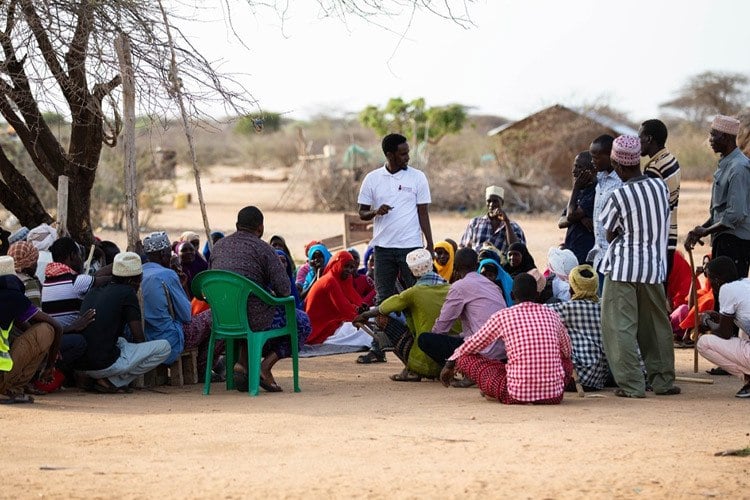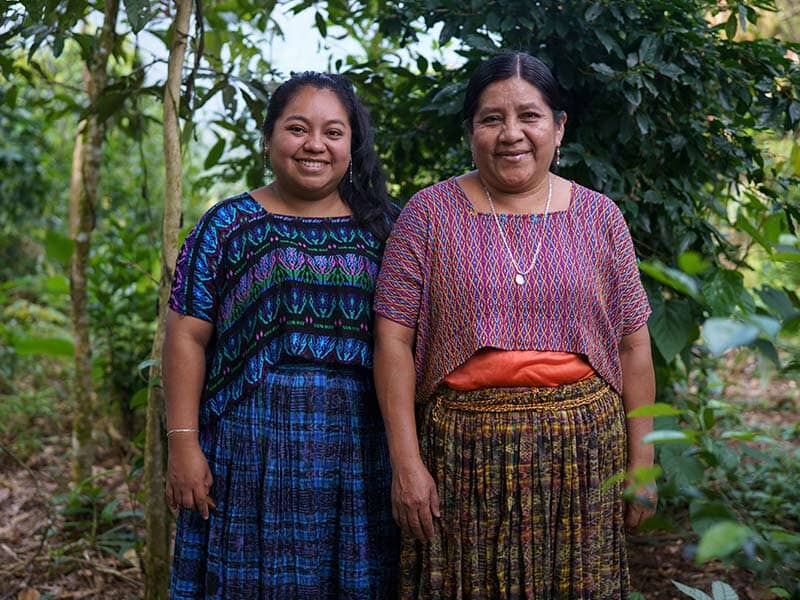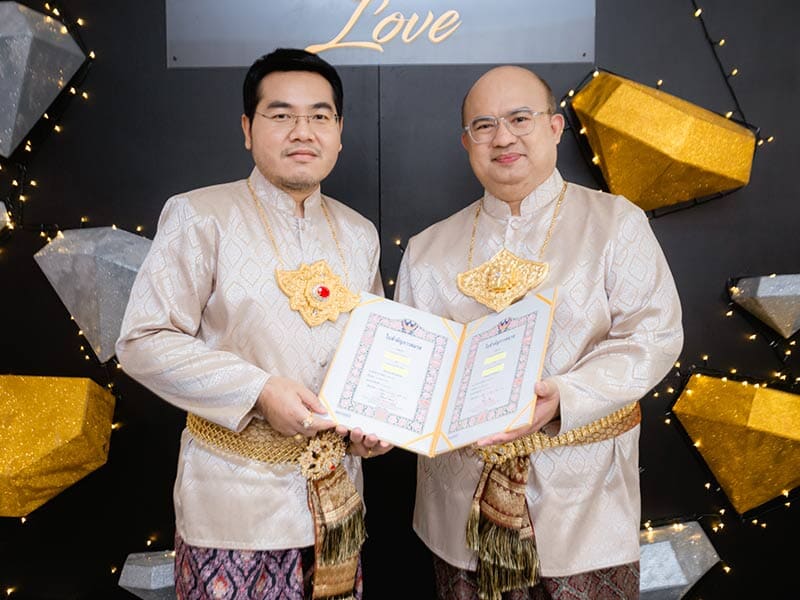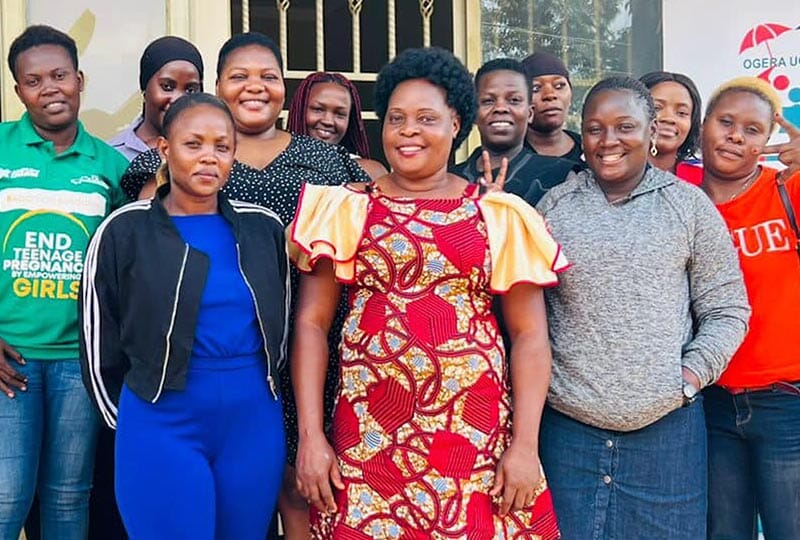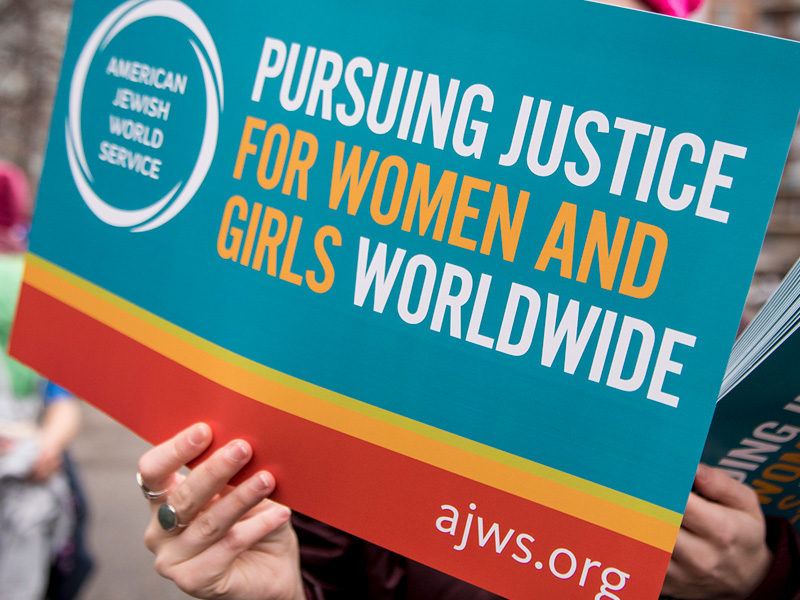In Kenya, just talking openly about abortion can be dangerous.
But for the activists with AJWS grantee partner Trust for Indigenous Culture and Health (TICAH), the risk is necessary. TICAH ensures that women and girls have the knowledge and resources they need to make informed choices about their reproductive health, which also involves advocating for access to safe self-managed abortion methods. In a country where an estimated seven women and girls die each day from unsafe abortions, this is profoundly important work.
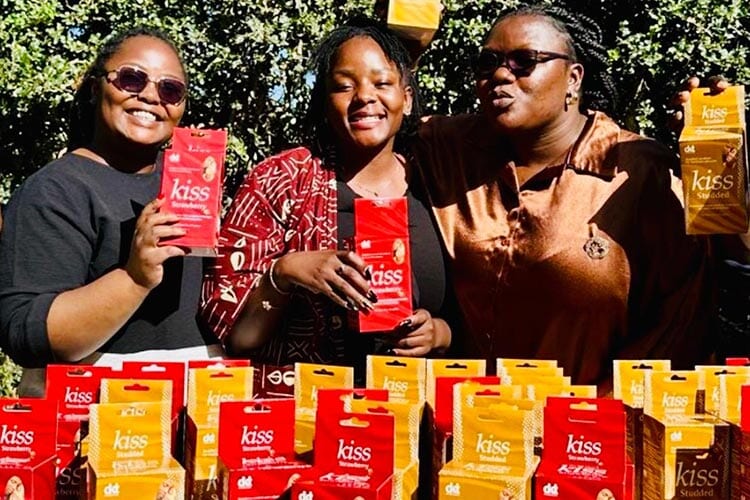
Still, the stakes are high: threats of arbitrary arrests, legal prosecution, stigmatization and even potential physical harm. But this story is not just Kenyan. This partner is part of a pan-African network of more than 70 grassroots organizations advocating for sexual and reproductive health and rights, with an emphasis on conducting research, advocacy and information sharing around self-managed abortions. These organizations are working to dismantle restrictive laws, counteract misinformation and ensure women have control over their own bodies. Through shared strategies, collective advocacy and cross-continent learning, they are building a movement that transcends borders and challenges taboos.
Network members create spaces that connect health care providers, community health workers and community members with reproductive health information — maintaining hotlines that link women to supportive providers and ensure access to services, including safe abortion. “Being part of the network is a powerful asset to us,” says the Executive Director of our partner organization, who cannot be named out of concern for their safety. “The shared resources and collective advocacy campaigns help amplify our work, enabling us to advocate for policy change, educate communities and support access.”
Though the continental movement for sexual health and rights is gaining speed and strength, the grassroots organizations of the network are — again — facing a grim reality.
The Trump administration reinstated the Global Gag Rule less than a month into the president’s second term, and the fallout has been chilling. Otherwise known as the Mexico City Policy, the Global Gag Rule bars foreign NGOs receiving U.S. funding from offering or even discussing abortion services. This not only jeopardizes funding for the network’s members but also restricts collaboration with global partners and stifles access to crucial information.
Despite these setbacks, our partner and its sister organizations have made remarkable strides. In 2024, the network, which is itself not an AJWS grantee, sub-granted $1 million to member groups, inspiring joint strategies that reached over 160,000 people with reproductive health services and information. And in 2022, member organizations played a crucial role in the Kenyan High Court’s affirmation of abortion as a constitutional right — a watershed moment in the country’s reproductive rights movement. While this was a major win in most ways, implementation has been painfully slow. This was a landmark ruling, yet Kenya’s penal code continues to routinely criminalize abortion care.
“There has been some positive change in terms of public awareness…but challenges remain in ensuring that…rights are fully recognized and acted upon in healthcare settings,” says one of the staff. “Access to safe abortion services is still limited, and stigma persists.”
Through it all, increasing access to safe abortion care remains a key element of the mission — which member organizations support by training health care providers and activists, educating communities and more broadly creating the conditions women and pregnant people need to safely access abortion care services.
For now, this is what sexual and reproductive health and rights look like in Kenya and for the other members of the network throughout sub-Saharan Africa. For millions of others, information continues to be severely restricted and access to services virtually nonexistent. But being a member of the network means that the work is never done in isolation. By providing technical support, regional convenings, capacity building and a critical sense of solidarity, member organizations always have what they need to push through roadblocks. Decisions are made democratically; all members are guaranteed a voice.
These activists are focused on creating lasting change: decriminalizing and destigmatizing abortion, pushing for legal reform and building a sustainable funding model that can act independently of volatile foreign policy shifts. This is a bold vision: a continent where abortion is safe, legal and accessible, and where no one is forced to risk their life or freedom to make choices about their own body.



